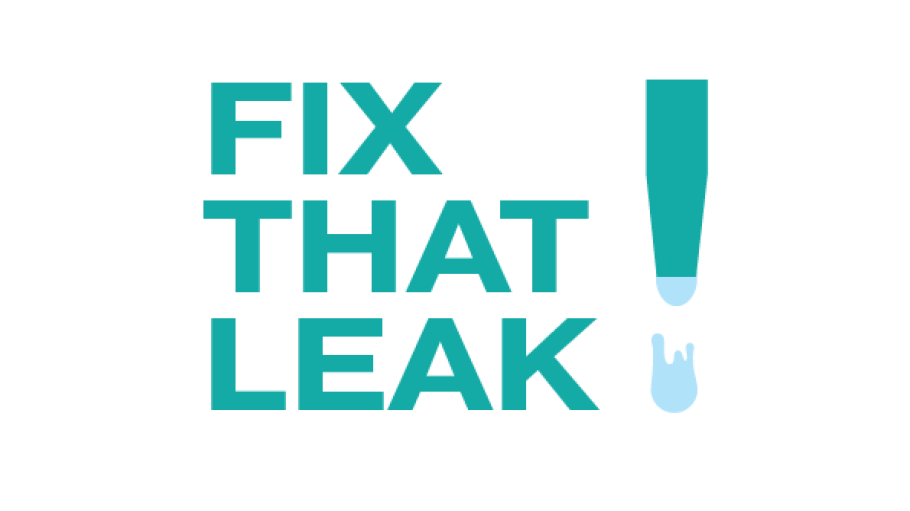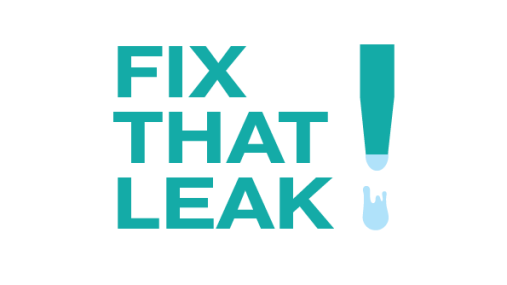

The Carbon Border Adjustment Mechanism (CBAM) is a tool that puts a price on certain carbon intensive goods entering the EU in order to encourage climate friendly industrial production. But here’s the problem: the CBAM, as it stands, is full of loopholes. If not fixed, it would undermine decarbonisation investments, accelerate deindustrialisation, favour production in third countries, and fail to cut global emissions.
Fair play for a fair transition
European steel producers are facing increasing carbon costs under the EU Emissions Trading Scheme (ETS), while competitors in third countries have been exempted from any carbon costs. The EU steel industry is leading the transition to green production, but cheap imports risk undermining that effort.
The CBAM can be a game-changer, but only if it’s designed right.
Right now, loopholes allow foreign producers to sidestep carbon costs, shifting emissions elsewhere instead of reducing them. Without fixing these flaws, the CBAM would fail to protect EU industry and could even accelerate deindustrialisation.
CBAM Toolbox: fixing the loopholes to prevent carbon leakage
The CBAM was designed to ensure fair competition and reduce global emissions, but loopholes threaten to undermine its effectiveness. Here’s how we can fix it:
Find out more details in our full fact-sheet available for download below.

Download this publication or visit associated links
Brussels, 20 February 2026 – EU steel exports to the United States fell by 30% in the second half of 2025 compared to the same period in 2024, after the imposition of 50% tariffs according to new Eurostat data. The expansion of the U.S. tariff regime to include downstream steel-intensive products, such as machinery and equipment, is expected to amplify its impact on both EU steel producers and their customers. The European Steel Association (EUROFER) said the figures underscore the need for any EU-US trade agreement to be fair, balanced and enforceable.
Joint Industry Statement
Brussels, 11 February 2026 - The European Steel Association (EUROFER) has backed a call to action adopted by European companies and industries in Antwerp today, which includes a demand on the EU to take urgent action to bring electricity prices down as a condition for Europe’s industrial drive, competitiveness and economic resilience.